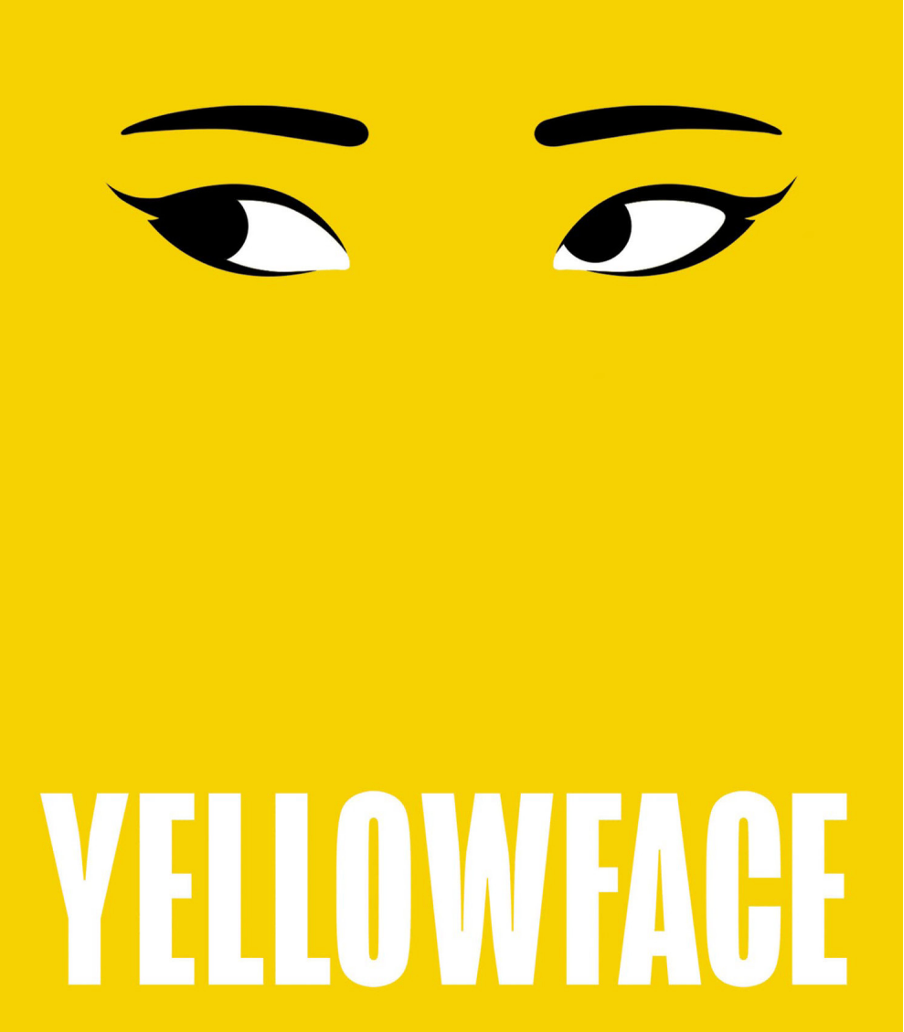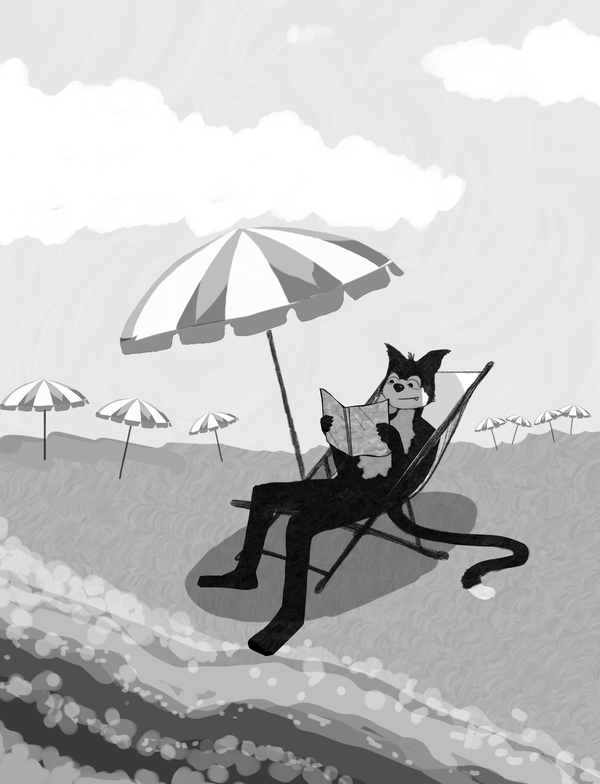Yellowface by R. F. Kuang hits the mark, sometimes
Book Club’s November pick: a witty take on the failings of an industry.

R.F. Kuang’s Yellowface tells the story of a literary heist. When the acclaimed author Athena Liu dies in her apartment, a friend from college, June, is right there with her. June steals her late friend’s manuscript, and publishes it under her own name. It propels her from flop to bestseller, a writer sailing at Icarian heights of success. What comes after, however, is a series of intrigues: June attempts to cover up her theft, and faces challenges in the literary industry, all while trying to find her next hit story.
Praised by The Sunday Times, Time magazine, and the horror writer Stephen King himself, Yellowface has made waves far beyond Kuang’s loyal readership, capturing the attention of thousands of readers worldwide.
The novel tells the tale of a once-friendly rivalry turned vitriolic, exposing the unholy methods used to progress in the merciless publishing industry. The nimble pace of narration makes Yellowface a quick and enjoyable read. Kuang uses her deft prose and an original plotline to highlight racism, tokenisation of minority writers, and the prevalent dog-eat-dog culture in the industry. This sardonic portrayal of the literary ‘road to the top’ possesses a certain sense of charming irony, as it seems almost like Kuang is describing Yellowface’s path: are these signs of a bestseller in the making?
But where it tries to incorporate elements of the thriller genre, it fails in its prose to cast a gripping narrative. Scenes intended as suspenseful fail to deliver their promised punch, and as a consequence, they instead come across as rather unsatisfactory.
For an account of everything wrong with the publishing industry, read on!
And sometimes, Kuang’s criticism of the literary publishing industry is so explicitly voiced that the writer may as well be holding a sign with big, flashing arrows saying: ‘For an account of everything wrong with the publishing industry, read on!’
It never particularly feels that the narrator is one step ahead of the reader. Indeed, some plot lines are so evidently planted and left unfinished in the first two-thirds of the book that their ultimate entanglement can be seen from miles away, dissolving any tension before it is allowed to precipitate in the first place.
In June, Kuang conjures an extremely self-righteous protagonist who is hard to sympathise with. Though easily digestible and entertaining to read, her inner monologues feel childish and petty. The reader is thus confronted by a narrator, whose character flaws mercilessly strip away any account of credibility.
All things considered, Yellowface presents a clever and facetious take on the publishing industry’s faults that expose its deep-rooted, systemic failings. The novel’s thriller elements feel somewhat out of place, noticeably engineered to come together at the end. However, when they do arise, it is worth the thrills. Yellowface is a fun, quick read, though suffering from an episodic lack of subtlety.









